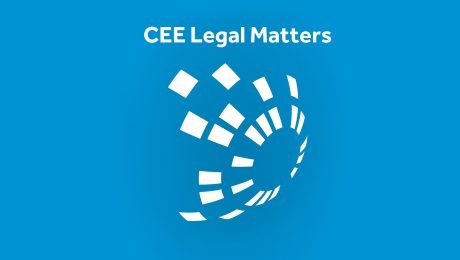Živković Samardžić at the Belgrade Business Run 2024
Monday, 30 September 2024
by ZS Law
- Published in Firm News
Registration of rights in the Real Estate Cadastre through Attorneys at Law and Geodetic Organisations
Tuesday, 05 December 2023
by ZS Law
- Published in Client Updates
Celebrating the first 25 Years of Živković Samardžić. And the best is yet to come
Tuesday, 17 October 2023
by ZS Law
Živković Samardžić celebrates its 25th anniversary. For a quarter of a century, we have been committed to providing exceptional legal services to our clients, which positioned our law firm as one of the leading law firms on the market. Since our beginnings in 1998, when two partners had practice in media, telecoms, insurance litigation, and
- Published in Firm News
What are the new amendments to the Law on Planning and Construction bringing?
Thursday, 11 May 2023
by ZS Law
- Published in Client Updates
Novelties in the Law on Amendments to the Law on Foreigners and the Law on Employment of Foreign Citizens
Thursday, 27 April 2023
by ZS Law
- Published in Client Updates
Tagged under:
Marko Leković
Vesna Živković Authored an Article on Electronic Signatures and Archiving in Serbia in CEE Legal Comparative Guide
Wednesday, 07 December 2022
by ZS Law
- Published in Publications
Tagged under:
Vesnu Živković
Branislav Živković an interview with CEE Legal Matters
Wednesday, 17 August 2022
by ZS Law
- Published in In the Media
Tagged under:
Branislav Živković
The Schrems II Case and its impact on the personal data transfer between EU and Non-EU countries
Friday, 06 May 2022
by ZS Law
- Published in Client Updates
Tagged under:
Ivan Ljubisavljević
Topic: Closing a Company in Liquidation Procedure Through Bankruptcy
Friday, 16 July 2021
by ZS Law
- Published in Client Updates
Tagged under:
Ivan Ljubisavljević









